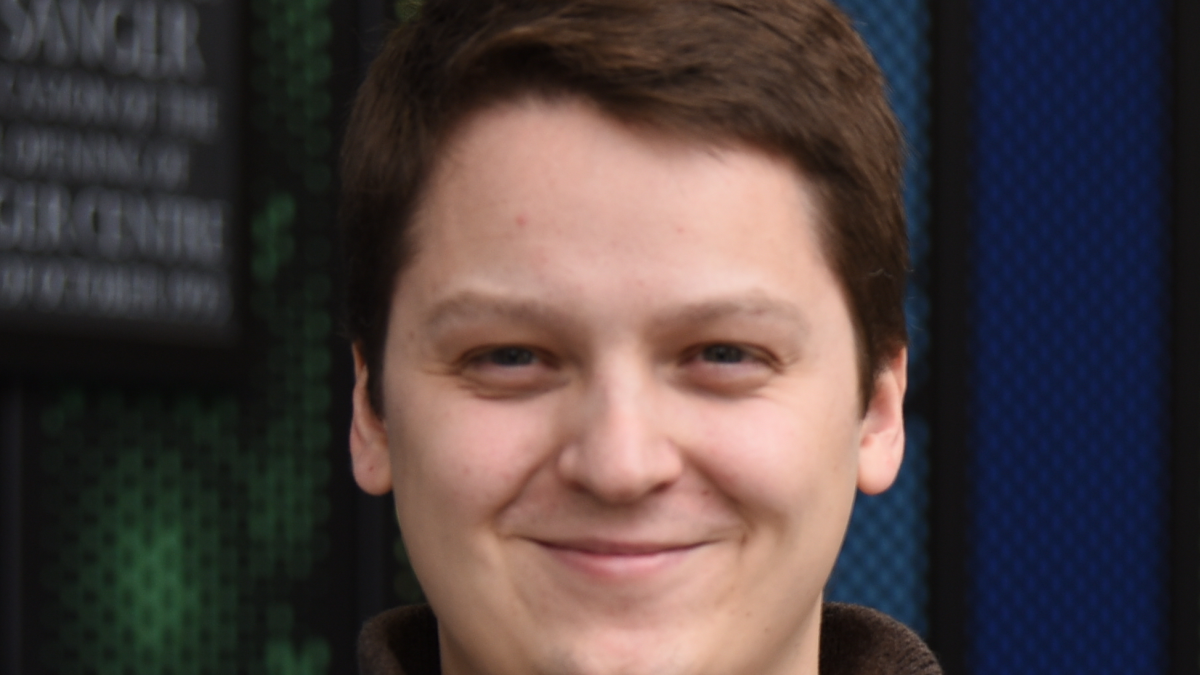
INESC-ID’s researcher awarded a Fulbright scholarship to advance cancer treatment
When the gene editing technology, known as CRISPR-Cas, has come to light, a small revolution in the way we manage illness has started to happen. The potential to diagnose and treat health conditions, such as cancer, exponentially increases when Artificial Intelligence is incorporated. That’s exactly what Emanuel Gonçalves, a researcher at INESC-ID specializing in Automated Reasoning and Software Reliability and a teacher at Técnico, will be doing over the course of his sabbatical at the Broad Institute, of MIT and Harvard, under a Fulbright scholarship that he has just been awarded. “The Broad Institute is a leading institution in the area!”, stresses Emanuel. “And the Fulbright Program is, at the moment, one of the few supporting sabbatical leaves, with the advantage of including the possibility to take the family”, adds the father of two infants.
During his three months stay in Cambridge, Massachusetts, on the second trimester of 2025, the researcher will analyse a rich CRISPR-Cas9 screen resulting from lab work previously done by the experimental team. Emanuel, who has been working on the application of machine learning to cancer biology and drug resistance, particularly integrating high-throughput functional genetic screens with rich multi-omic technologies – allowing for the analyses of multiple types of biological data simultaneously – plans to develop an efficient method for modelling this information, enabling combinatorial-based editing screenings. That is, to study several interactions and disturbances among proteins simultaneously.
This visit to The Broad Institute will further “enhance IST and INESC-ID’s participation in the international DepMap consortium”, a platform aimed at empowering the research community to make discoveries related to cancer vulnerabilities. Additionally, “it will provide insights into emerging technologies shaping the next generation of machine learning models in cellular biology,” the researcher noted in his application.
Fascinated by the potential of gene-editing to study cancer, Emanuel has been involved in a series of studies focused on applying CRISPR-Cas9 screens on a large scale. The ultimate goal during his stay at the Broad Institute is to employ novel machine learning approaches to stratify patients effectively and identify drug targets in innovative ways.
